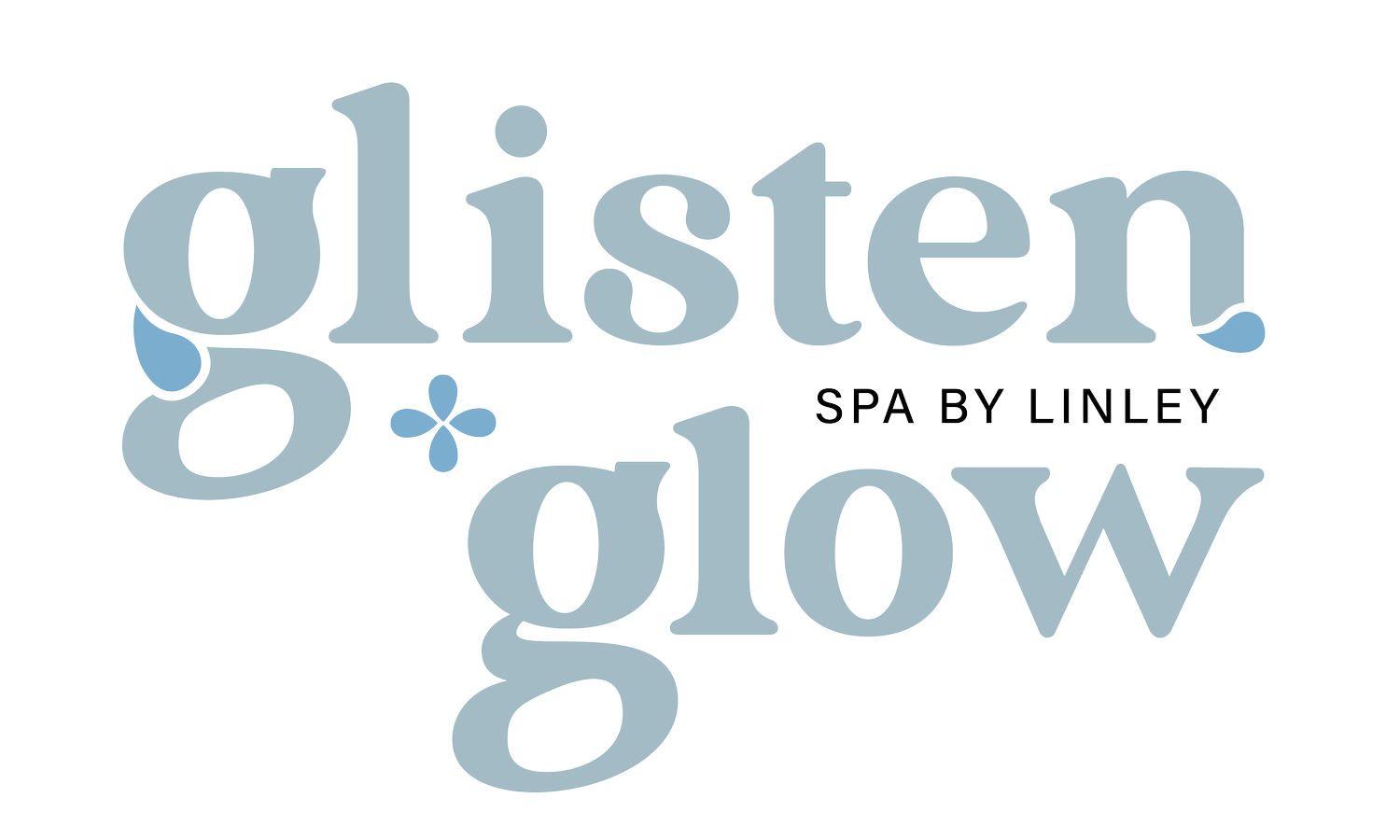Summer Skincare Myths - Busted by an Expert
Summer is all about sunshine, pool days, and beach vacations—but it’s also full of skincare misinformation at times. As an esthetician, I hear the same summer skincare myths over and over, and I’m here to set the record straight. Whether you're skipping moisturizer because it feels “too heavy” or leaving your SPF behind on a cloudy day, these common mistakes could be sabotaging your skin.
Let’s break down three of the most common summer skincare myths—and what you should be doing instead.
MYTH #1: “You don’t need moisturizer in the summer.”
Busted: Even in the most humid summer weather, your skin still needs hydration. In fact, skipping moisturizer can make your skin oilier.
Here’s why: When your skin is dehydrated, it goes into protection mode and to compensate it produces more oil. This can lead to breakouts, irritation, and an unbalanced barrier. The key is to switch to a lightweight, non-comedogenic moisturizer that hydrates without clogging your pores.
Pro Tip: Look for gel-based or water-based moisturizers with ingredients like hyaluronic acid, aloe, and beta glucan They’ll give your skin a drink of water without that greasy-heavy feel.
Recommend - Oxygen Treatment Cream by Glymed, Clearaderma by face reality, Mixi Lite, and Trio.
MYTH #2: “You don’t need SPF on cloudy days.”
Busted: Just because you can’t see the sun doesn’t mean UV rays aren’t reaching your skin. Up to 80% of UV rays can still penetrate through clouds.
Daily SPF is non-negotiable year-round, but it’s especially important in the summer months when UV intensity is higher—even on overcast days. Think of SPF as your skin’s bodyguard, protecting you from premature aging, sun damage, and increased risk of skin cancer.
Pro Tip: Use a mineral based SPF of at least 28 every single day. Reapply every two hours if you’re outside, and don’t forget areas like your ears, neck, and hands.
Recommend - Tizo, Colorescience, and SPF 28 or 30 by Face Reality
MYTH #3: “Tanning clears up acne.”
Busted: A tan might temporarily dry out active breakouts, but it’s a short-term illusion that comes with long-term damage.
Tanning (whether from the sun or a tanning bed) can worsen post-acne scarring and hyperpigmentation. UV exposure also triggers inflammation and breaks down collagen, which affects your skin’s ability to heal properly. You need all the hydration with acne to prevent more oil production. In many cases, acne gets worse once the tan fades—and now you’re also dealing with sun damage. Its a fake fix.
Pro Tip: If you’re struggling with acne, there are much safer and more effective ways to treat it—like professional treatments, a consistent at-home routine, and targeted skincare ingredients such as salicylic acid, mandelic acid, glycolic, or benzoyl peroxide (depending on your skin type).
Summer is a time to relax—not a time to slack on your skincare. Don’t let these myths sneak into your routine and undo all your hard work. If you’re unsure what your skin needs this season, let’s chat! I’d love to help you create a personalized summer skincare plan that keeps you glowing all season long.
📅 Book your summer skincare consultation now! Let’s make sure your skin stays protected, hydrated, and breakout-free.


